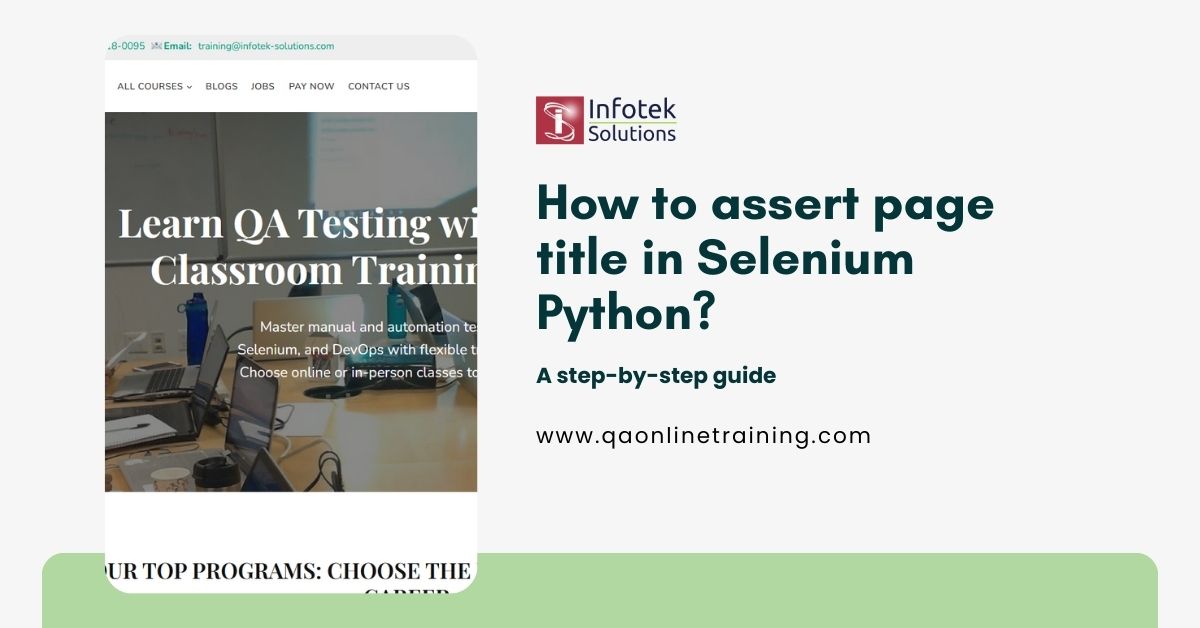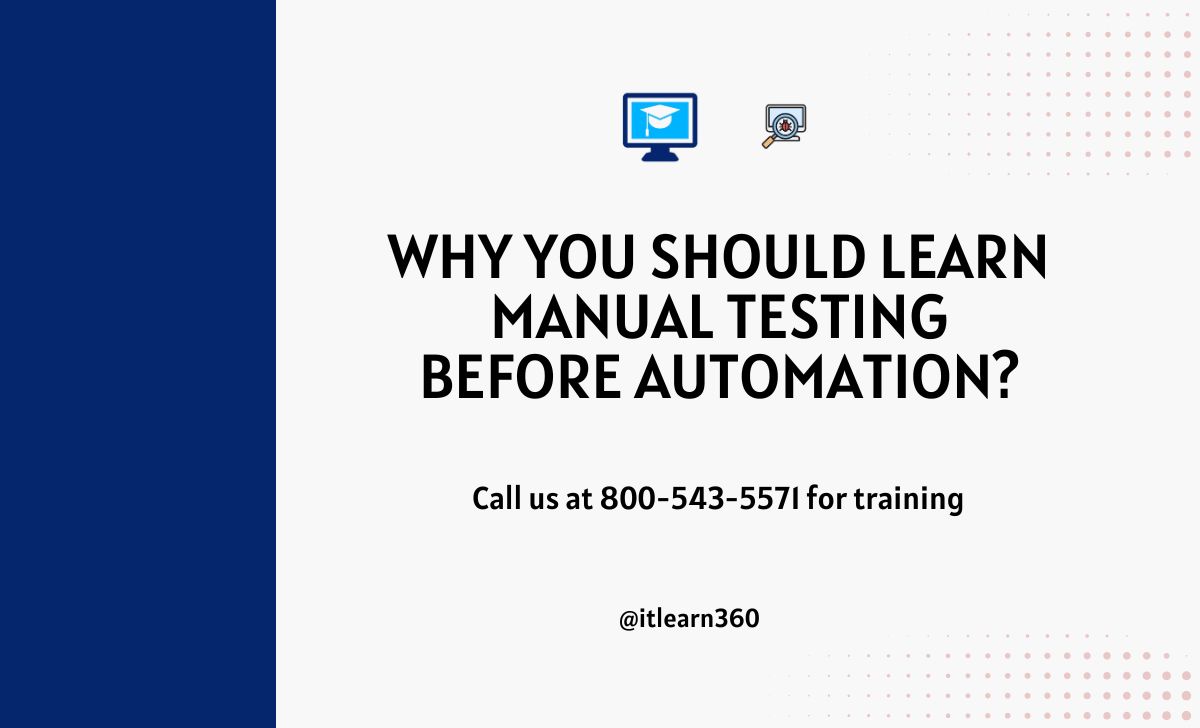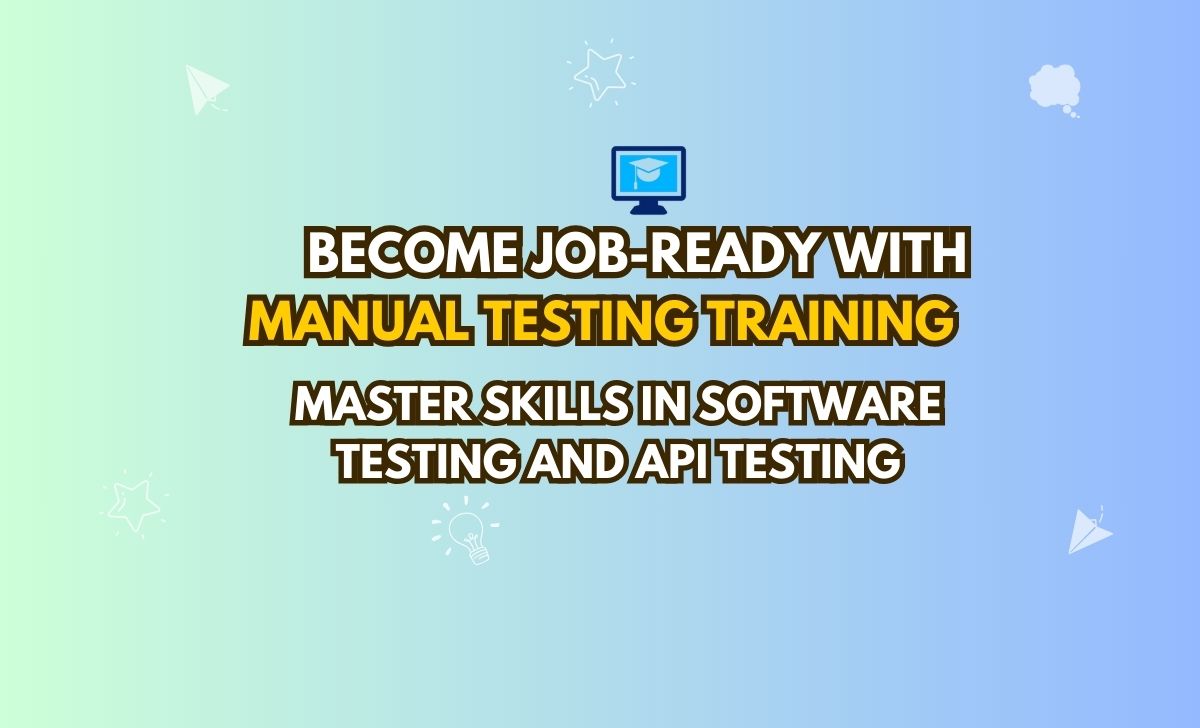Getting a certification helps you show off your skills and stand out in a crowded job market. They validate your skills, provide industry recognition, and can significantly enhance your earning potential. Whether you are a beginner looking to get into software testing or an experienced professional looking to specialize, earning the right certifications can accelerate your career growth. This guide explains the most important certifications for software testing and how they relate to different career paths.
1. Entry-Level Certifications
If you’re new to testing software, start with basic certifications that teach you the basics of testing.
- ISTQB Foundation Level Certification (CTFL):
- Overview: Provides a solid understanding of software testing fundamentals, including SDLC, STLC, and test design techniques.
- Best For: Freshers, manual testers, and QA beginners.
- Why It Matters: Globally recognized and often a prerequisite for advanced certifications.
- Certified Associate in Software Testing (CAST):
- Overview: Focuses on practical knowledge of testing processes and methodologies.
- Best For: Entry-level testers aiming to build confidence in theoretical and practical skills.
- Certified Software Tester (CSTE):
- Overview: Focuses on quality control, testing principles, and defect management.
- Best For: Beginners who want to strengthen their foundational knowledge.
2. Advanced-Level Certifications
For professionals with experience in software testing, advanced certifications help to deepen their expertise and prepare them for leadership roles.
- ISTQB Advanced Level Certifications (CTAL):
- Specializations: Test Analyst, Technical Test Analyst, and Test Manager.
- Best For: QA leads, senior testers, and those aspiring for managerial roles.
- Why It Matters: Demonstrates advanced testing techniques and strategic thinking.
- Certified Manager of Software Testing (CMST):
- Overview: Focuses on test management, process improvement, and team leadership.
- Best For: QA managers and team leads who want to excel in leadership.
3. Automation Testing Certifications
Automation testing is one of the most wanted skills in the industry. These certifications prove that you are an expert at using automation tools and frameworks.
- Certified Selenium Professional (CSP):
- Overview: Covers Selenium WebDriver, automation scripting, and CI/CD integration.
- Best For: Automation engineers and testers transitioning to automation.
- Certified Test Automation Engineer (CTAE):
- Overview: Focuses on creating automation frameworks and advanced scripting techniques.
- Best For: Professionals aiming to master automation.
- Certified Mobile Tester (CMT):
- Overview: Focuses on testing mobile applications using automation tools like Appium.
- Best For: Mobile application testers.
4. Performance Testing Certifications
Performance testing ensures that applications perform effectively under diverse conditions. Certifications in this domain are great for testers who are interested in performance engineering.
- Certified Performance Tester (CPT):
- Overview: Focuses on performance testing concepts and tools like JMeter and LoadRunner.
- Best For: Testers specializing in performance testing.
- LoadRunner Certification:
- Overview: Offers expertise in using LoadRunner for load, stress, and endurance testing.
- Best For: Performance engineers and testers.
5. Security Testing Certifications
As the number of security breaches continues to grow, certifications in security testing are highly valuable for career growth.
- Certified Ethical Hacker (CEH):
- Overview: Teaches ethical hacking techniques to identify and mitigate vulnerabilities.
- Best For: Security testers and penetration testers.
- Certified Application Security Tester (CAST):
- Overview: Covers secure application testing and vulnerability assessment.
- Best For: Professionals focusing on secure software development and testing.
6. Agile and DevOps Testing Certifications
Testers working in agile and continuous delivery environments will appreciate these credentials.
- ISTQB Agile Tester Certification:
- Overview: Covers Agile principles and testing roles in Agile teams.
- Best For: Testers transitioning to Agile projects.
- Certified DevOps Test Engineer (CDTE):
- Overview: Focuses on integrating testing into CI/CD pipelines and DevOps workflows.
- Best For: DevOps testers and engineers.
7. Specialized Certifications
Specialized certifications allow testers to focus on niche areas like IoT, Big Data, or artificial intelligence testing.
- Big Data Testing Certification:
- Overview: Validates skills in testing ETL pipelines, data quality, and big data applications.
- Best For: Big data testers and analysts.
- Certified IoT Tester (CIoT):
- Overview: Focuses on IoT devices, protocols, and security testing.
- Best For: IoT testers and embedded systems testers.
- AI Testing Certification:
- Overview: Ensures AI models are accurate, unbiased, and reliable.
- Best For: Testers in AI/ML domains.
How to Choose the Right Certification
- Analyze Your Career Goals: Identify whether you want to specialize in manual testing, automation, performance, or security.
- Understand Market Demand: Research job postings to determine which certifications are valued by employers.
- Start with Foundational Certifications: If you’re a beginner, ISTQB Foundation Level or CAST is a good starting point.
- Progress to Specializations: Once you have experience, pursue certifications aligned with your niche (e.g., automation, Agile, or security).
Conclusion
Certifications can lead to new opportunities in the software testing field. They not only validate your skills but also make you look more professional in the job market. By choosing certifications that align with your career aspirations, you can stay competitive and achieve long-term success in your field.
Call to Action: Take the first step towards certification with ITlearn360’ tailored training programs, designed to help you pass exams and excel in your career!







